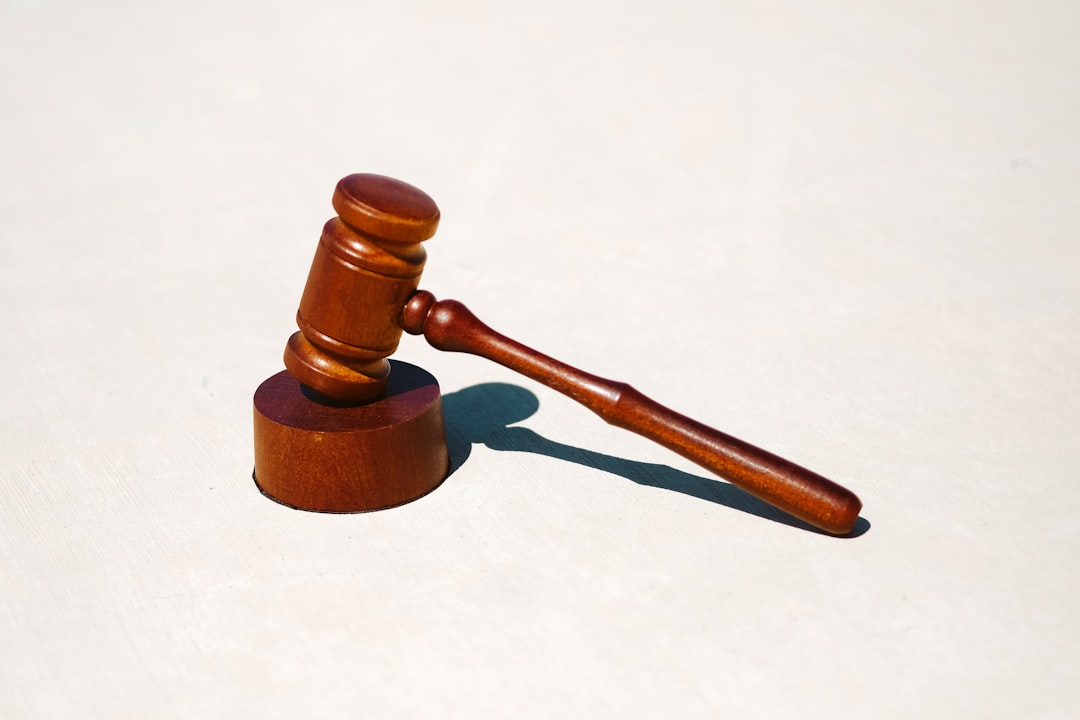Title IX safeguards against sex-based discrimination in education, with specialized Pennsylvania school abuse law firms playing a critical role in addressing harassment and abuse cases. These firms guide students through formal complaints, ensuring fair investigations and disciplinary actions while upholding legal obligations under Pennsylvania's specific framework.
In Altoona, Pennsylvania, understanding and handling Title IX complaints within schools is paramount for ensuring a safe learning environment. This article delves into the intricacies of Title IX and its significant impact on Pennsylvania’s educational institutions. We explore the step-by-step process from initial complaint to resolution, emphasizing the crucial role a specialized school abuse law firm in Altoona plays in navigating these sensitive matters. By understanding these dynamics, schools can foster a culture that prioritizes student well-being and adherence to legal guidelines.
Understanding Title IX and Its Relevance in Pennsylvania Schools

Title IX is a federal law that protects individuals from sex-based discrimination in educational institutions. This legislation has had a profound impact on ensuring equal opportunities for students, particularly regarding access to education, athletic programs, and other school-related activities. In Pennsylvania, as in many states across the nation, Title IX complaints are taken seriously, especially when it comes to addressing issues of sexual abuse or harassment within schools.
The law’s relevance is heightened in cases involving school abuse, where a specialized school abuse law firm in Pennsylvania might be involved. These firms assist students who have faced sexual misconduct from peers, teachers, or administrators. The process typically involves filing a formal complaint with the school district, which then investigates and takes appropriate disciplinary action. Understanding Title IX is crucial for both educational institutions and students to ensure a safe and inclusive learning environment.
The Process: From Complaint to Resolution

In Altoona, Pennsylvania, the process of handling Title IX complaints is a multi-step procedure designed to ensure fairness and prompt resolution for all parties involved. When a complaint of school abuse, including sexual harassment or assault, is received by the designated authorities, an immediate investigation is initiated. This involves gathering evidence, conducting interviews with students, staff, and witnesses, and reviewing relevant policies and records. The goal during this phase is to establish the facts accurately while maintaining confidentiality.
Once the investigation is complete, the school district’s administration reviews the findings and determines the appropriate course of action. This could result in disciplinary measures for perpetrators or support services and accommodations for victims. A decision is then communicated to all parties, ensuring transparency throughout the process. The involvement of a dedicated school abuse law firm in Pennsylvania can provide additional guidance and ensure that both legal obligations and the affected individuals’ rights are respected during each step of resolution.
The Role of a School Abuse Law Firm in Altoona

In Altoona, Pennsylvania, when addressing Title IX complaints, a school abuse law firm plays a pivotal role in ensuring fairness and justice for all parties involved. These legal experts specialize in understanding the intricate regulations under Title IX, which prohibits sexual harassment and discrimination in educational institutions. They guide students, educators, and administrators through the complex complaint process, offering invaluable support tailored to Pennsylvania’s legal framework.
A school abuse law firm provides critical insights into the rights of individuals within the school community. They help victims navigate the reporting system, ensuring their voices are heard and their cases are handled with sensitivity. Conversely, they also offer representation to institutions, helping them comply with legal obligations and mitigate potential liabilities. This two-fold approach ensures a balanced process, where every individual’s interests are protected under Pennsylvania law.






